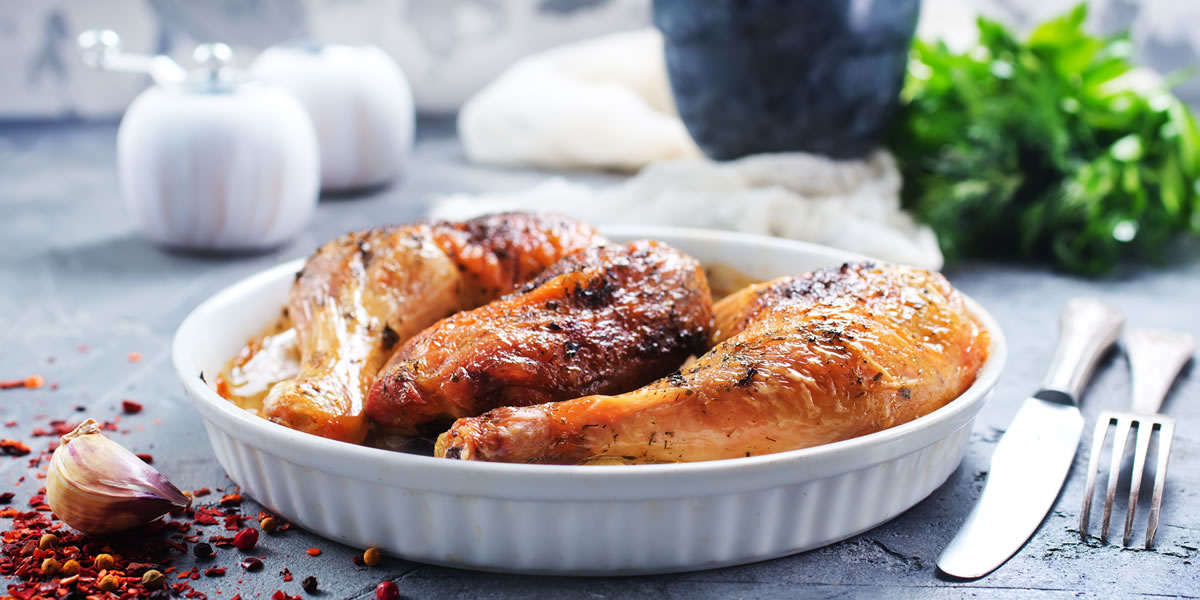
Nutrition for Heart Health and Diabetes: What to Eat, What to Avoid, and How to Thrive
Heart disease and diabetes are interconnected conditions that share common risk factors, including poor diet, obesity, and inflammation. Research shows that up to 80% of heart disease cases and 90% of type 2 diabetes diagnoses are preventable through lifestyle changes, with nutrition playing a starring role. In this article, we will outline evidence-based dietary strategies to protect your heart, stabilise blood sugar, and promote long-term health.
Foods to Embrace
Prioritise nutrient-dense, whole foods that combat inflammation and support metabolic health:
Fibre-Rich Foods
- Whole grains(oats, quinoa, barley) slow glucose absorption and lower LDL cholesterol. Aim for 25–35g of fibre daily.
- Legumes(lentils, chickpeas) provide plant-based protein and soluble fibre, reducing post-meal blood sugar spikes by up to 35%.
- Non-starchy vegetables(leafy greens, broccoli, peppers) are packed with antioxidants and magnesium, which improve insulin sensitivity.
Heart-Healthy Fats
- Omega-3-rich fish(salmon, mackerel) lower triglycerides and reduce arterial inflammation. Aim for two 3.5-oz servings weekly.
- Nuts and seeds(walnuts, chia seeds) improve cholesterol profiles. A daily handful lowers heart disease risk by 30%.
- Olive oil and avocadoscontain monounsaturated fats that reduce LDL cholesterol without affecting HDL.
Lean Proteins
- Plant proteins(tofu, tempeh, edamame) reduce saturated fat intake. Studies link plant-based diets to a 34% lower diabetes risk.
- Poultry and eggs(skinless) offer high-quality protein with minimal saturated fat.
Low-Glycemic Fruits
- Berries, apples, and citrus fruitsprovide vitamins and polyphenols that protect blood vessels. Their natural sugars are released slowly, avoiding glucose surges.
Foods to Limit or Avoid
Certain foods exacerbate insulin resistance and arterial damage:
Processed and Red Meats
- Bacon, sausages, and deli meats contain nitrates and excess sodium linked to hypertension. Red meat consumption increases heart disease risk by 15–20%.
Refined Carbohydrates
- White bread, pastries, and sugary cereals cause rapid blood sugar spikes. Replace with whole-grain alternatives to reduce diabetes risk by 29%.
Added Sugars and Sweetened Beverages
- Sodas, juices, and desserts contribute to fatty liver disease and insulin resistance. The British Heart Foundation recommends no more than 30 grams (g) of free sugars per day. This is about the equivalent of 7 sugar cubes.
Trans and Saturated Fats
- Fried foods, margarine, and fatty cuts of meat raise LDL cholesterol. Substitute with unsaturated fats (avocado, nuts).
Excess Sodium
- High-sodium diets (over 2,300mg/day) elevate blood pressure. Limit processed snacks, canned soups, and restaurant meals.
Practical Management Strategies
Master Portion Control
- Use smaller plates and measure servings (e.g., ½ cup cooked grains, 3 oz protein).
- Fill half your plate with vegetables, a quarter with lean protein, and a quarter with whole grains.
Plan Balanced Meals
- Breakfast: Greek yoghurt with berries and chia seeds.
- Lunch: Grilled chicken salad with mixed greens, quinoa, olive oil, and vinegar.
- Dinner: Baked salmon, roasted Brussels sprouts, and wild rice.
- Snacks: Apple slices with almond butter or carrot sticks with hummus.
Read Food Labels
- Avoid products with “partially hydrogenated oils” (trans fats) or more than 5% DV of sodium per serving.
- Check for hidden sugars (e.g., dextrose, maltose) in sauces and dressings.
Cook Smart
- Bake, steam, or grill instead of frying.
- Use herbs, spices, and citrus instead of salt for flavour.
Time Your Meals
- Eat every 3–4 hours to stabilise blood sugar. Pair carbs with protein or fat (e.g., an apple with cheese).
- Avoid late-night eating, which disrupts glucose metabolism.
Stay Hydrated
Choose water, herbal teas, or sparkling water with lemon. Limit alcohol, which can raise triglycerides and blood pressure.
The Science Behind the Plate
A Mediterranean-style diet-rich in vegetables, fish, and olive oil-reduces heart attack risk by 30% and lowers Hba1c (a diabetes marker) by 0.5–1%. Similarly, the DASH diet (Dietary Approaches to Stop Hypertension) lowers blood pressure by 11 mmHg in eight weeks through its emphasis on potassium-rich foods (e.g., bananas, sweet potatoes) and reduced sodium.
Conclusion
Nutrition is your most powerful tool for preventing and managing heart disease and diabetes. By prioritising whole foods, minimising processed products, and adopting mindful eating habits, you can stabilise blood sugar, reduce inflammation, and protect your cardiovascular system. Start with one change – like swapping soda for water or adding a vegetable to every meal – and build from there. Your heart and pancreas will thank you.
Tip: Partner with a registered dietitian to create a personalised plan that fits your lifestyle, culture, and health goals.
